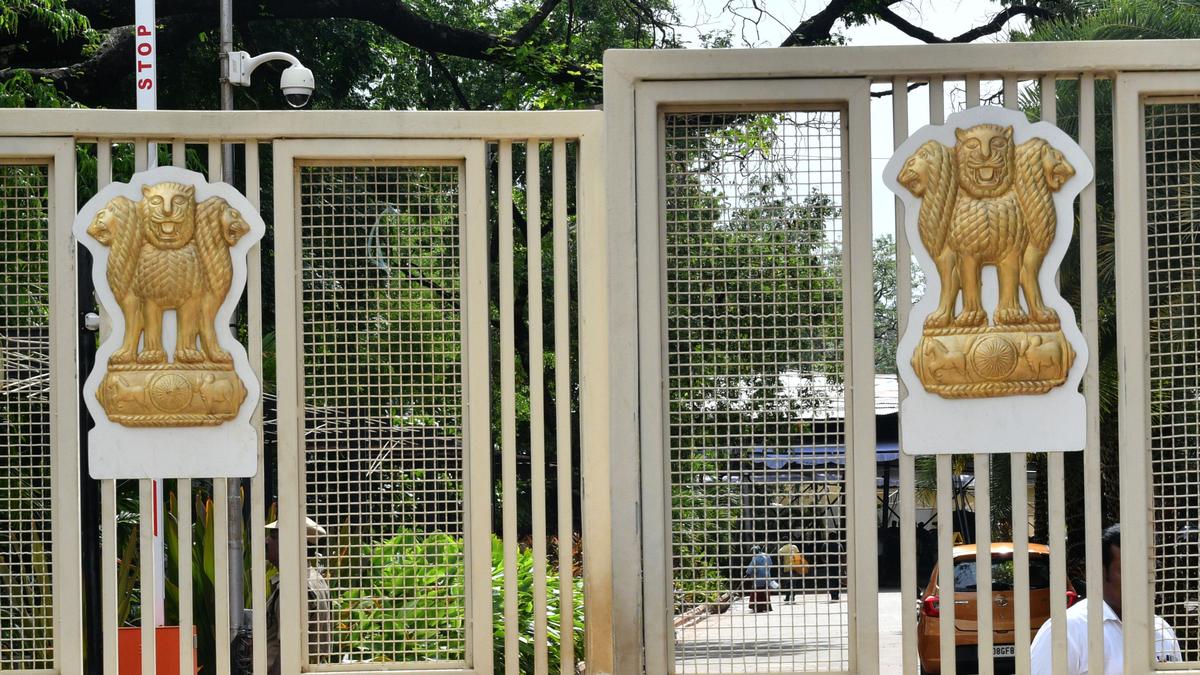News Highlight
Constitutional silences: One of the ‘silences’ in the Constitution is in Article 200, which some Governors had used to obscure the mandate of democratically elected governments
Key Takeaway
- The founders purposefully left gaps in the Constitution when the Constituent Assembly adopted it so that a future Parliament might revise and amend the Constitution in conformity with the aspirations and desires of the people.
- This purportedly resulted in the creation of a Constitution with glaring errors.
- One of the Constitution’s silences is Article 200, which does not prescribe a timeline for the Governor to provide assent to Bills sent by the Legislative Assembly.
Constitutional Silence
- About
- Many analysts have referred to constitutional silences as “gaps and abeyance.“
- There will always be specific issues purposely ignored or unintentionally neglected.
- The term “constitutional silence” refers to certain omissions from the document.
- Even when a constitution is thought to be exhaustive, as the Indian Constitution is, constitutional silences are inevitable.
- Such abstentions and silences allow for pragmatism, offer space for new ideas, and encourage discussion.
- Since it is the final translator of constitutional provisions, the judiciary must interpret the constitution’s silences.
- Furthermore, the judiciary’s responsibility is to interpret the law to close any loopholes and ensure no judicial legislation results.
- Constitutional Provision
- Firstly, the constitution is silent on the time frame that the governor of a state and the president must decide regarding measures that the house has referred to or resolutions that the State Cabinet and Union Cabinet, respectively, have enacted.
- Before a bill enacted by the state legislature can become law, it must first get the governor’s approval.
- Regarding such a Bill, the Governor has the following three options available to him:
- he can give his assent to the Bill, or
- withholds assent; or
- he may reserve the Bill for the consideration of the President; or
- he can return it to the Legislature, if it is not a Money Bill, for reconsideration, suggesting alterations and modifications in part or the whole.
- However, such Bills passed by the Legislature a second time must get the Governor’s assent.
- As a result, the Governor cannot refuse to sign a bill if it is passed by the State Legislature a second time (Article 200).
Cases relevant to the scenario
- Firstly, when the Constituent Assembly was discussing the text of Article 200, Prof. Shibban Lal Saxena correctly emphasised how the Governor had no set time limit within which to act.
- The Supreme Court’s Constitution Bench made it clear in Purushothaman Nambudiri v. State of Kerala (1962);
- The Constitution does not prescribe a deadline for the Governor to provide his or her assent to bills.
- Interestingly, the Court was not asked if the Governor could hold onto bills indefinitely, and the Court had no opportunity to issue a conclusive judgement on the matter.
- The Court, however, has insisted that the Governor must respect the Legislature’s wishes and that the President or a Governor can only act under those wishes.
Conclusion
- Recent judicial interventions have made it abundantly clear that the constitution’s silence regarding the precise timeline for which constitutional authorities like Speakers, Governors, and the President must exercise their constitutionally mandated decisions does not grant them the authority to postpone those decisions indefinitely.
- While the constitution is silent regarding the time limit, they are required by it to act on their decisions within a reasonable amount of time and not keep them on hold indefinitely because it would go against its spirit.
Pic Courtesy: The Hindu
Content Source: The Hindu



